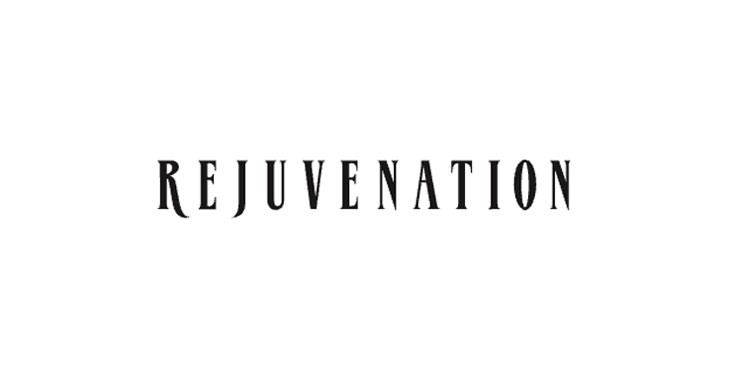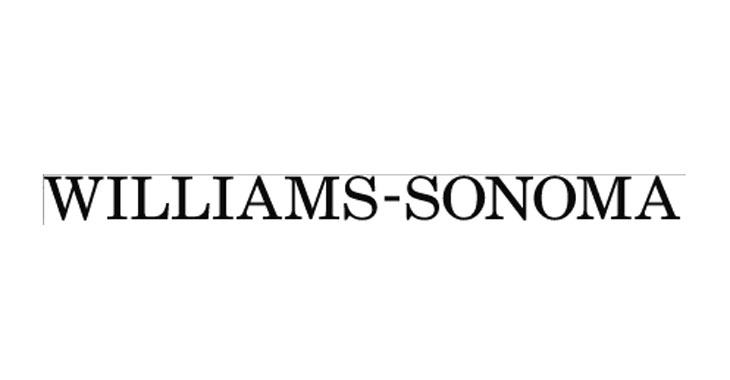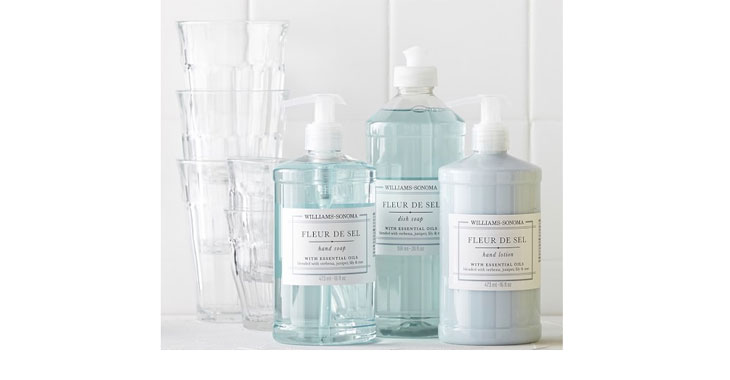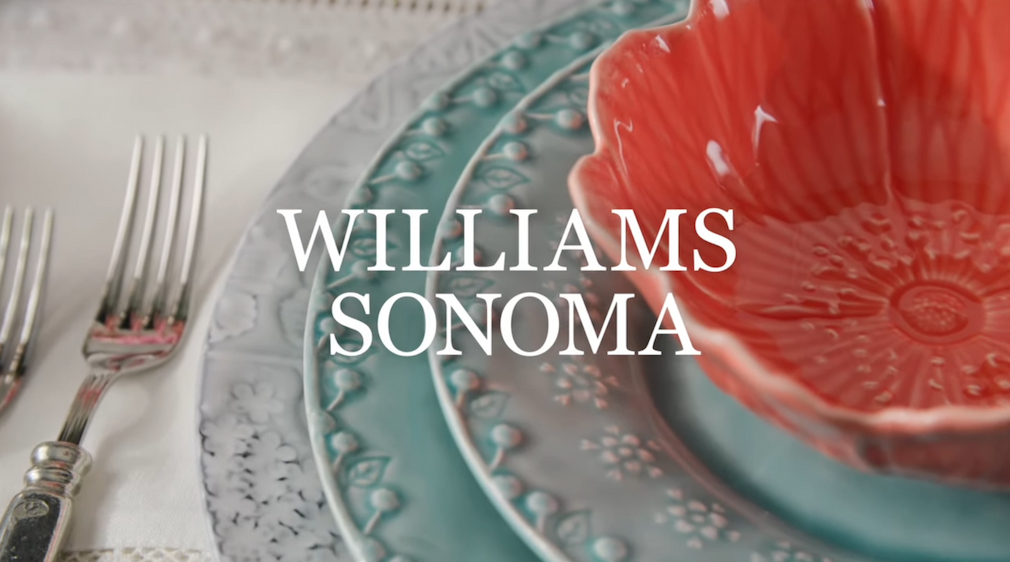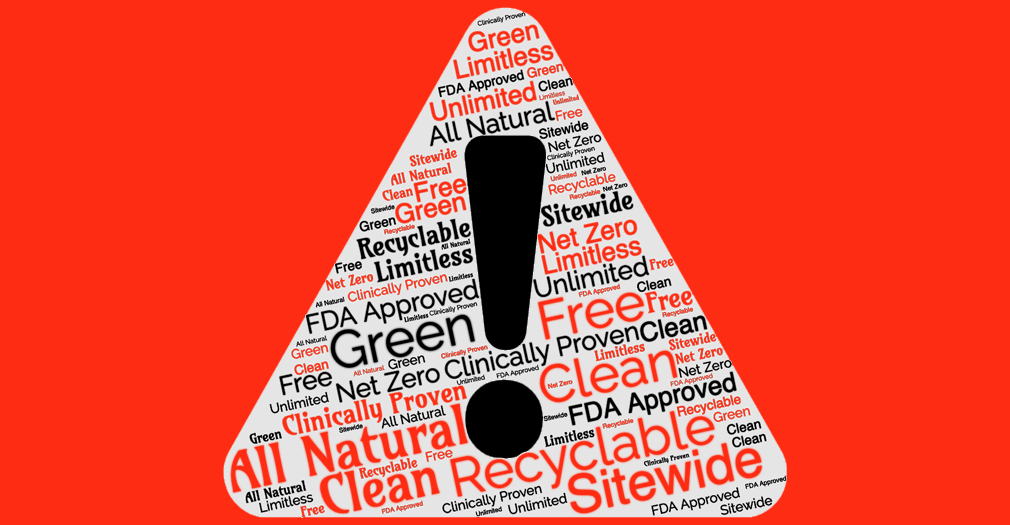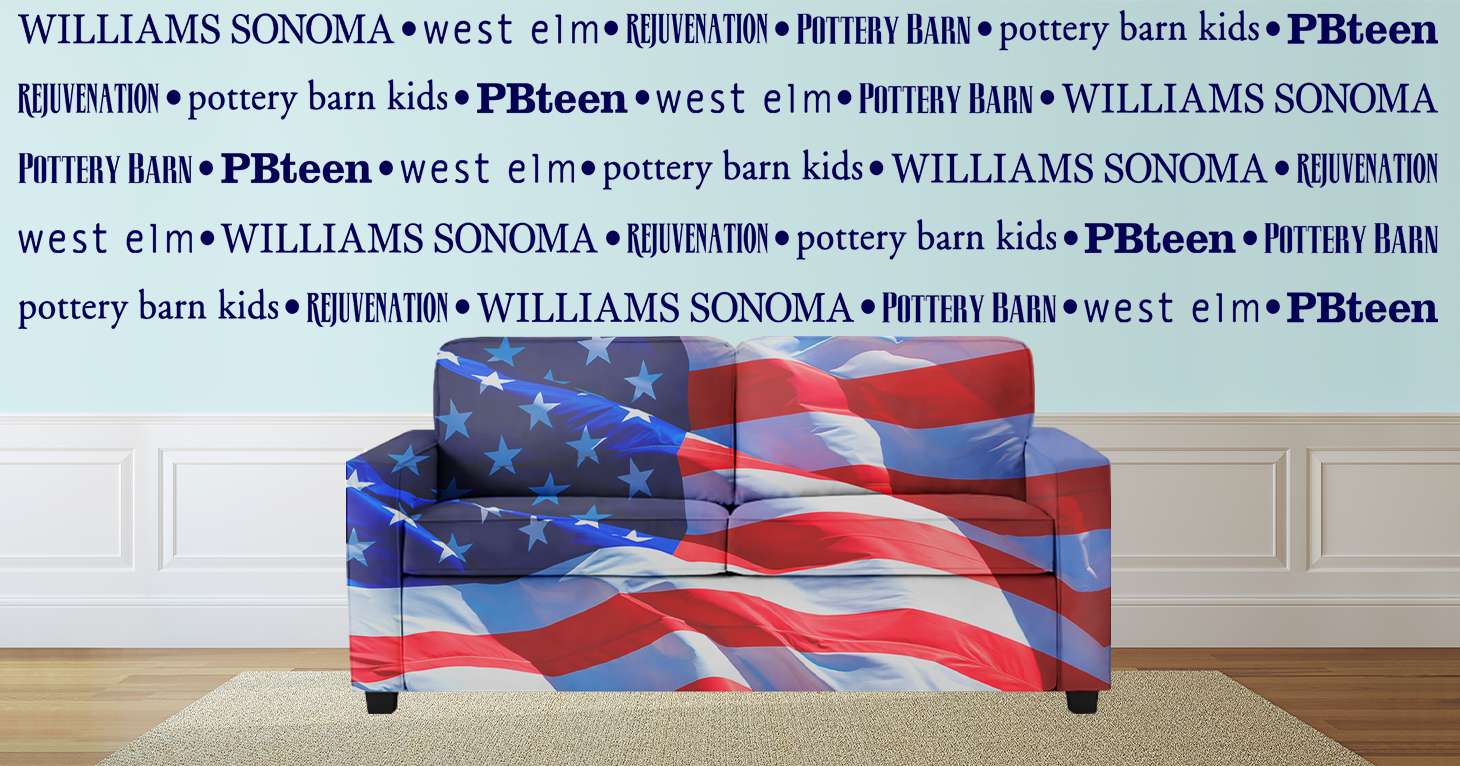
Williams-Sonoma
TINA.org investigated Williams-Sonoma and found that seven of its websites — Williams-Sonoma, Williams-Sonoma Home, Rejuvenation, Pottery Barn, PBteen, Pottery Barn Kids and West Elm — were marketing products as made…
Some of the claims in a false advertising class-action lawsuit filed against Williams-Sonoma in early 2016 for allegedly falsely advertising the thread count of its sheets were dismissed in August 2016. The complaint alleges, among other things, that the store advertises its “Signature 600-Thread-Count Sateen Bedding” as having a 600 thread count when it actually has a thread count of only 291. The dismissed claims largely pertain to unpurchased products and those against other defendants (including Pottery Barn, PBKids, PBTeen, West Elm, and WSS). The remaining claims will continue to move forward. To learn more about all of the dismissed and continuing claims, click here. (Rushing et al v. Williams-Sonoma, Inc. et al, Case No. 16-cv-1421, N. D. CA.)
TINA.org investigated Williams-Sonoma and found that seven of its websites — Williams-Sonoma, Williams-Sonoma Home, Rejuvenation, Pottery Barn, PBteen, Pottery Barn Kids and West Elm — were marketing products as made…
Allegations: Falsely advertising “Free Shipping Site-Wide”
You have the power to hold deceptive marketers accountable.
Eric Lagatta, USA Today
Following a complaint by ad watchdog truthinadvertising.org (TINA.org), Pottery Barn’s parent company Williams-Sonoma has agreed to pay more than $3 million for violating a 2020 FTC consent order requiring that…
FTC says civil penalty against Williams-Sonoma is “the largest ever in a Made in USA case.”
These definitions are a joke.
